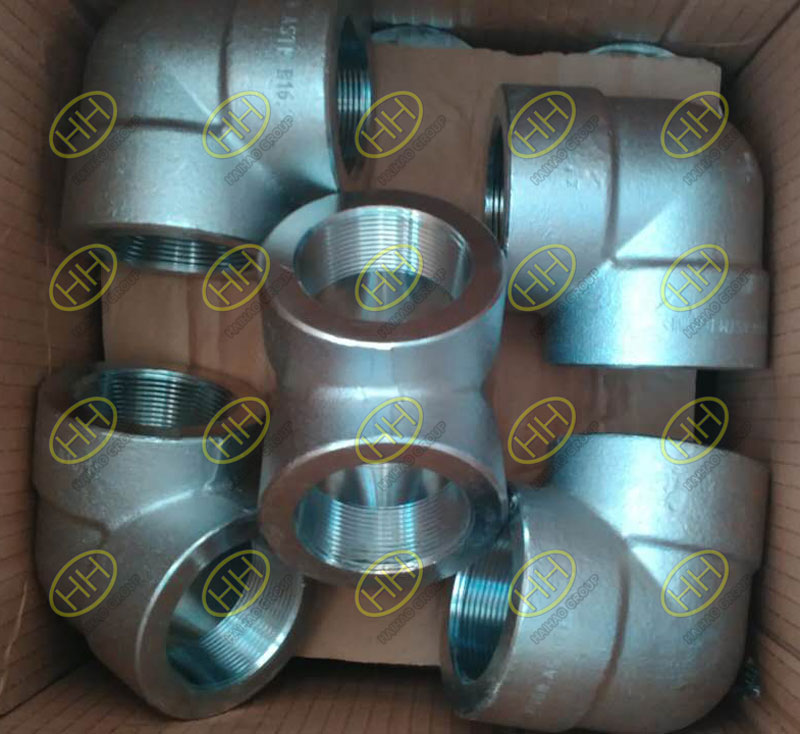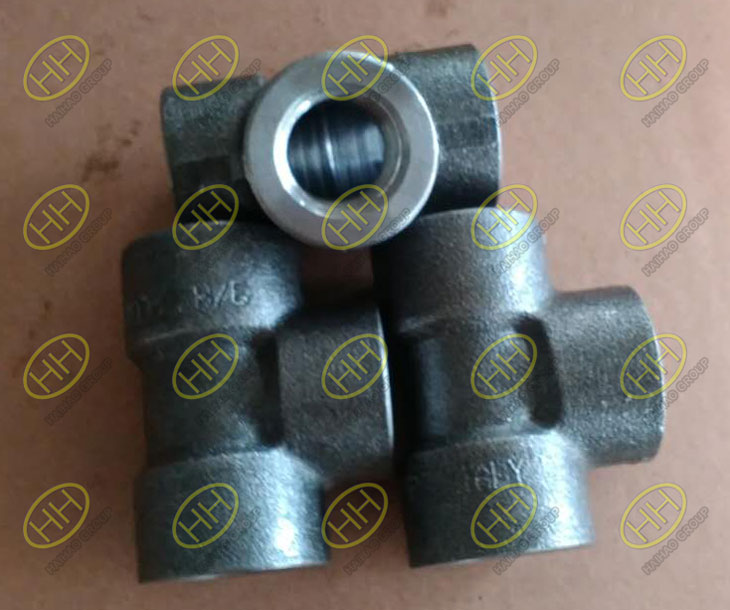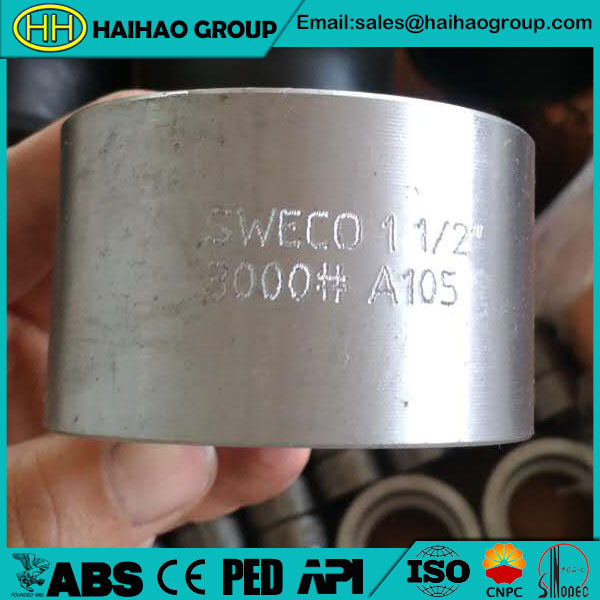How to improve the plasticity of metal in forging process?
Most of the time, plastic processing of metal forgings is a series of processes that a simple-shape blank turns into the final product with required shape and size via plastic deformation. Good metal plasticity facilitates plastic forming, and from the angle of plastic processing, the main ways to improve plastic deformation are as follows.
Reasonable deformation temperature and speed
Reasonable deformation temperature and speed can ensure that the metal has good plasticity during forming. High deformation temperature is easy to cause the deformed metal to overheat, and the grain to be coarse, whereas if the temperature is too low, work hardening will occur when the metal is deformed, thus the deformation resistance will increase and lower the plasticity of the metal, or even cause cracking in severe cases. For materials with high deformation rate sensitivity, it is necessary to choose deformation speed reasonably. In general, the deformation speed of hammers is the highest, the lowest speed is that of hydraulic presses and the speed of presses is in between. Presses are suitable for magnesium alloy forging. And when this alloy material is to be swaged by a hammer, it is best to start with a light tap. As the groove is filled, gradually increase the deformation degree.
Reasonable deformation methods
The choice of deformation methods will directly affect the plastic flow and the state of stress of the deformed part in the mold cavity.
Improve material composition and the uniformity of structure
The chemical composition and structure of the alloy ingot are very uneven. High-temperature diffusion annealing can be done before plastic processing so as to make the structure and composition of the ingot uniform, as well as improve the plasticity of the material.
Reduce the degree of uneven deformation
Uneven deformation causes additional stress, which leads to a decrease in the plasticity of the blank and generates cracking. Common measures for reducing uneven deformation so as to produce better products include reasonable operating specifications, good lubrication, proper tooling, etc.



